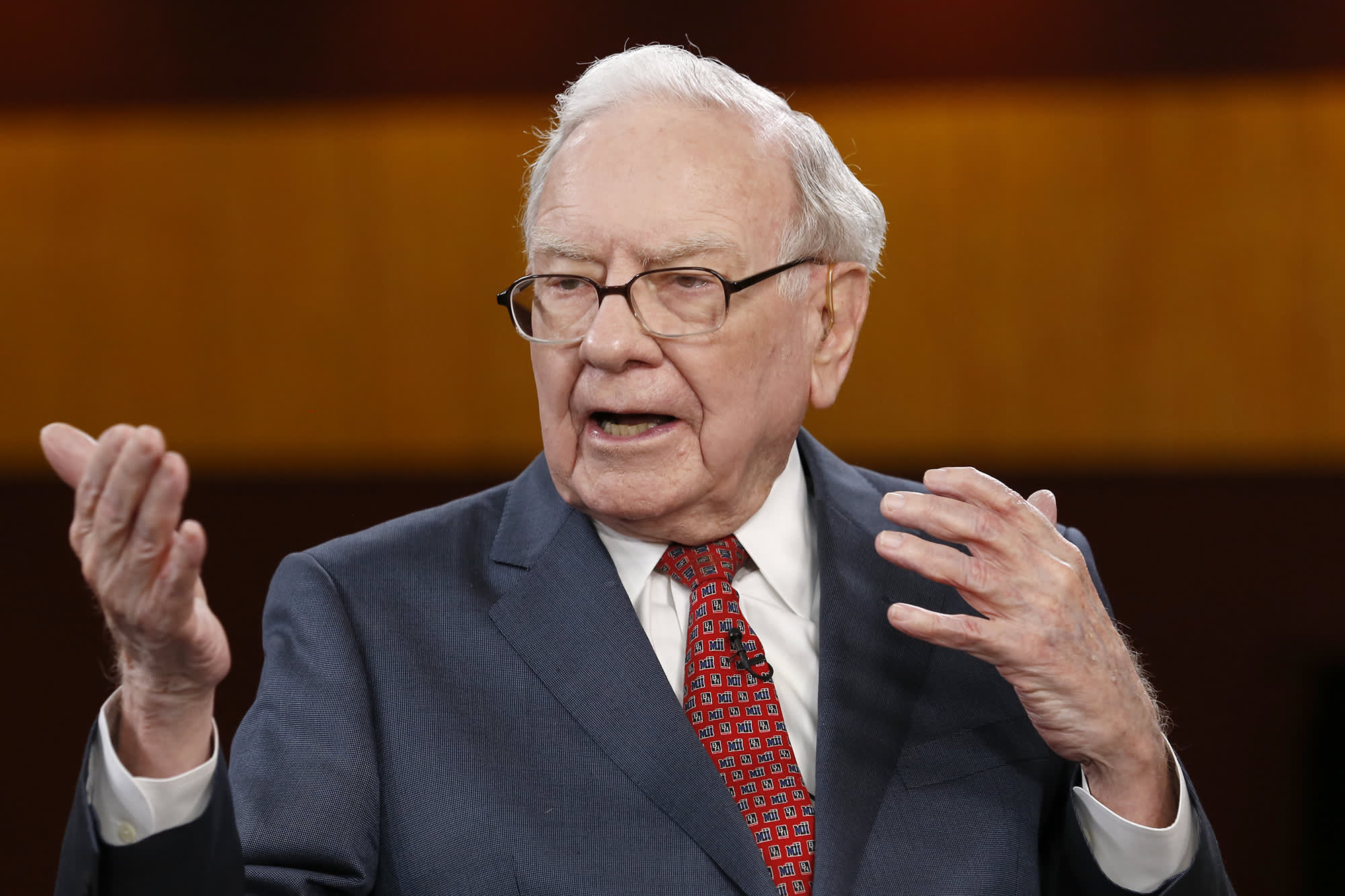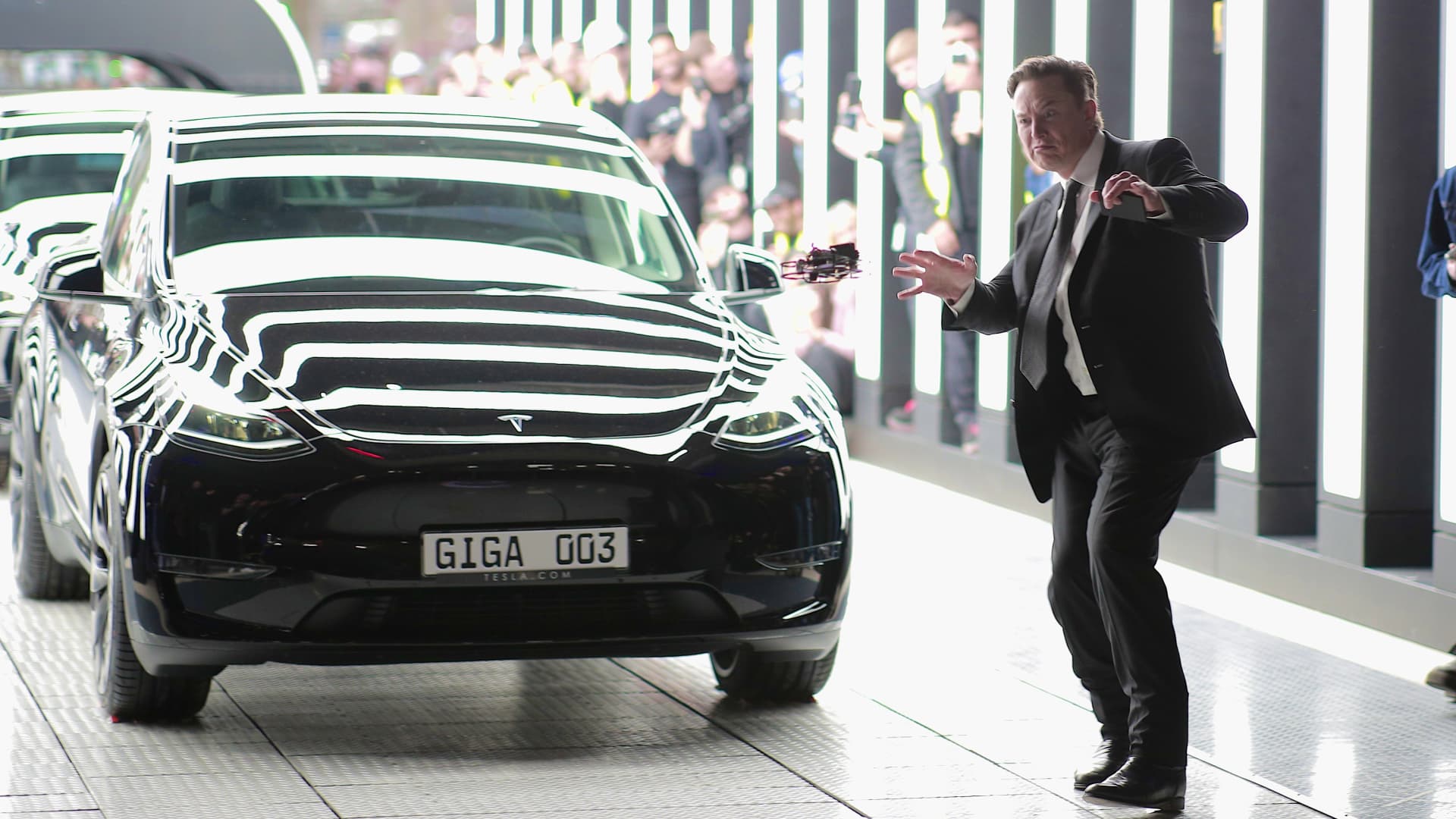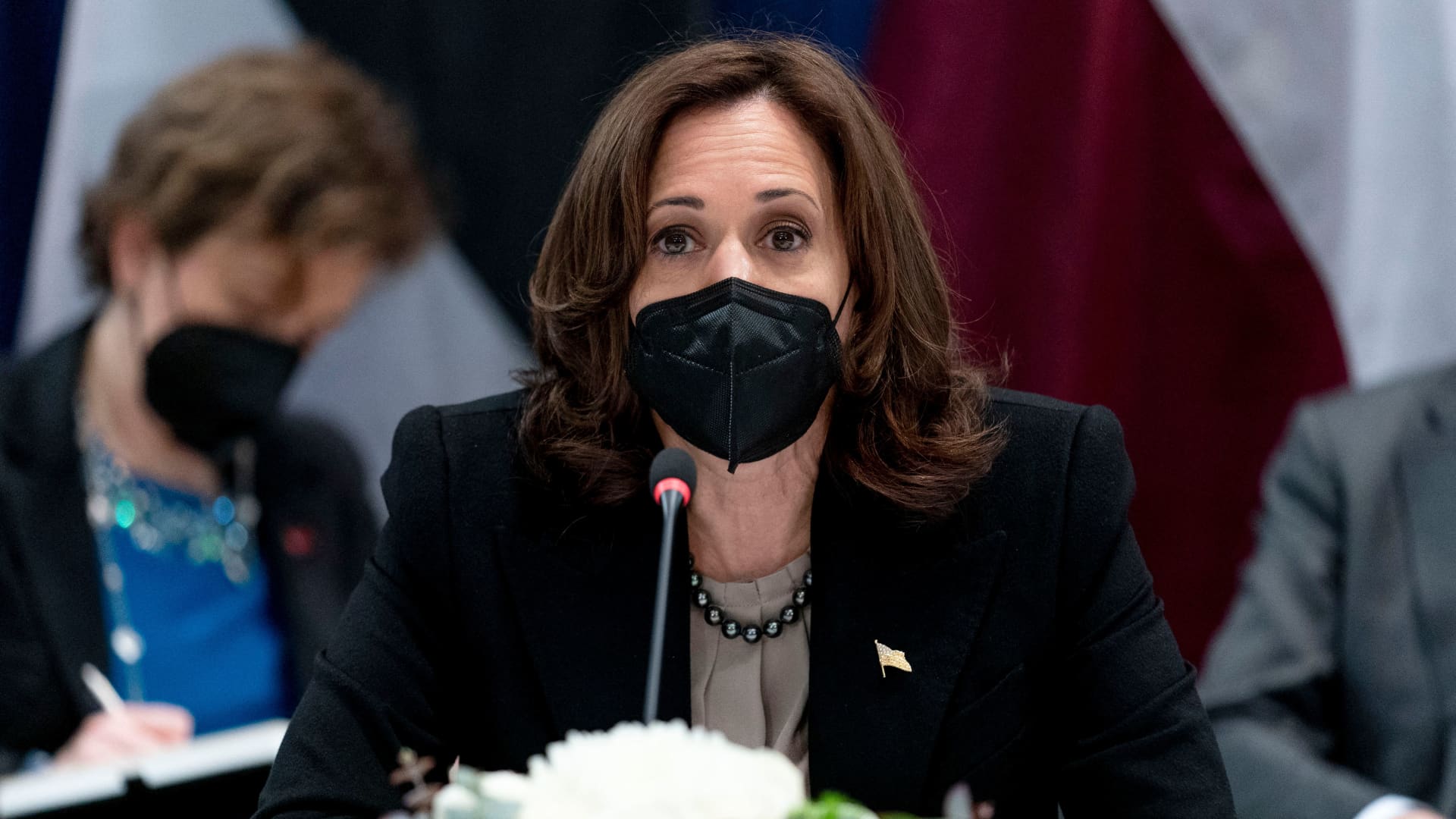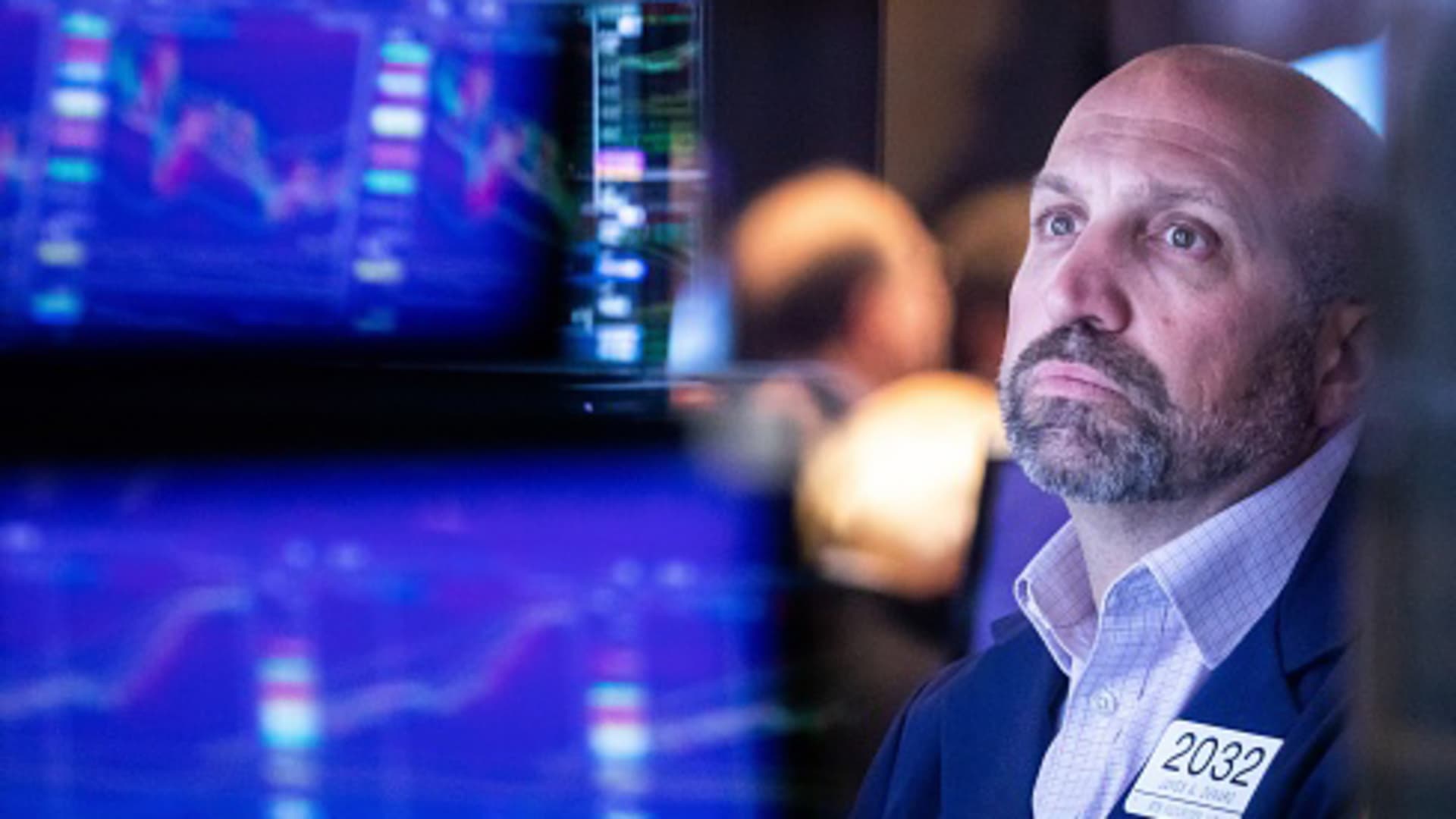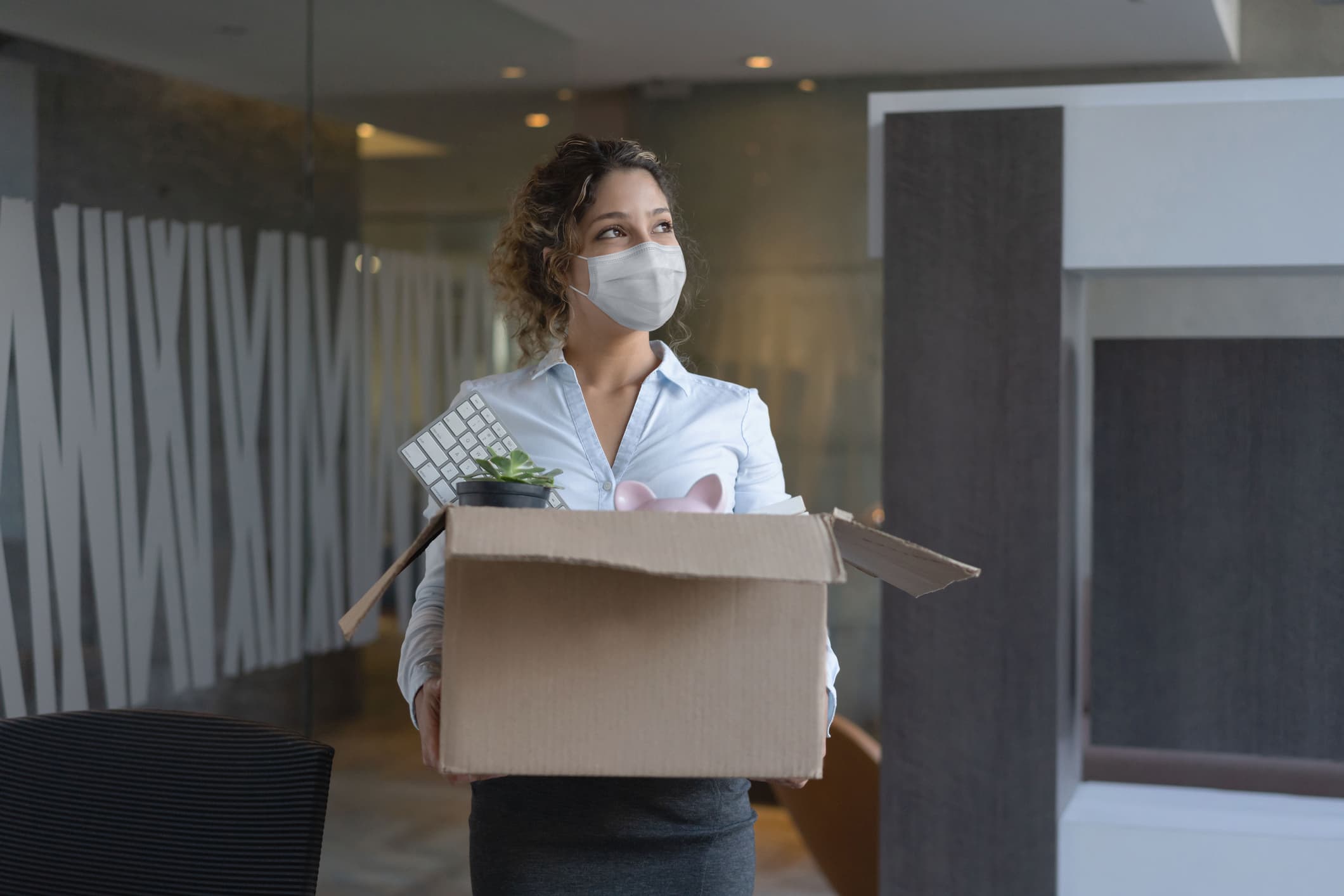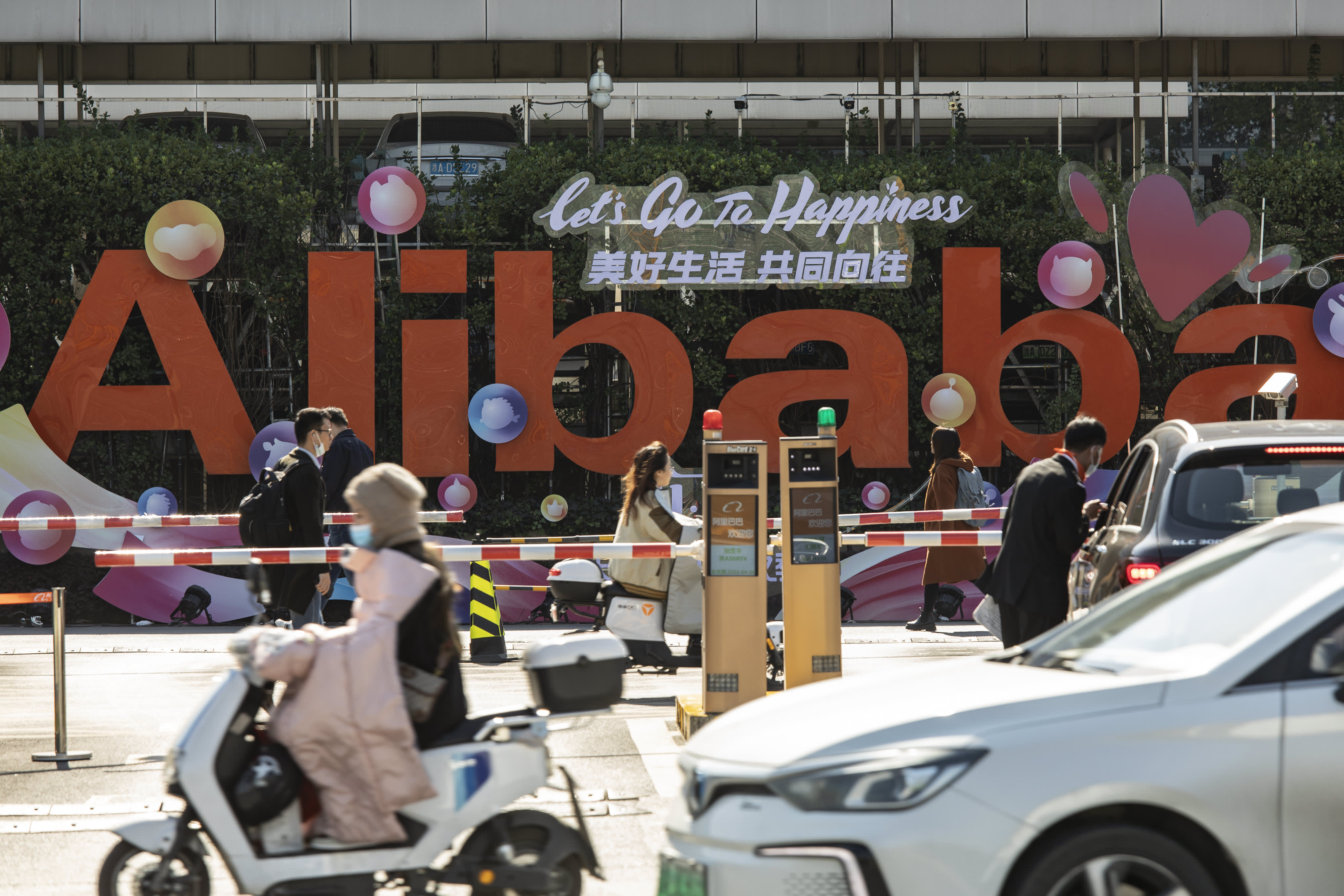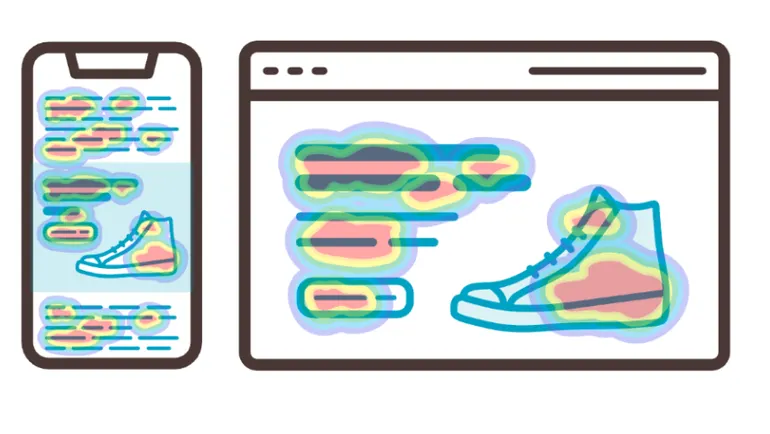Fauci says China has done a bad job of vaccinating the elderly and their shots are not very effective against Covid
Rare protests broke out across China over the weekend against Covid lockdowns and strict quarantine procedures.

Dr. Anthony Fauci, Director of the National Institute of Allergy and Infectious Diseases, testifies at a Senate Appropriations Subcommittee on Labor, Health and Human Services, Education, and Related Agencies hearing to discuss President Biden's fiscal year 2023 budget request for the National Institute of Health on Capitol Hill in Washington, May 17, 2022.
Anna Rose Layden | Pool | Reuters
Dr. Anthony Fauci, the top infectious disease expert in the U.S., criticized China's Covid lockdowns as "draconian" and said the Beijing government should focus on vaccinating the elderly.
"The vaccination of the elderly has not been well performed and the vaccine they have has been not a particularly effective vaccine," Fauci told The Washington Post in an interview on Thursday, as he prepares to step down as director of the National Institute for Allergy and Infectious Diseases later this month.
Fauci said lockdowns are only justifiable as a temporary measure to serve a larger public health goal that will make society safer when it reopens. But China's strict Covid controls don't seem to have any endgame, he said.
"If there was any advice, it's pretty simple and it's not just coming from me — it's coming from any number of people involved in this outbreak: Do whatever you can to get your people vaccinated and boosted with a highly effective vaccine," said Fauci, who has decades of experience in responding to infectious diseases, from the HIV pandemic to the emergence of Ebola.

Rare protests broke out across China over the weekend against Covid lockdowns and strict quarantine procedures. While most of the world is relying on vaccines to prevent severe disease so that society can return to normal despite ongoing circulation of the virus, China has enforced a zero Covid policy that aims to crush outbreaks.
China uses a domestically developed vaccine called CoronaVac manufactured by Sinovac. The shots contain killed virus that induce an immune response. Beijing has not approved Pfizer's and Moderna's messenger RNA vaccines.
"The efficacy of the China-made vaccines are not at the level of the vaccines that have been used in the United States, particularly the mRNA vaccines of Moderna and Pfizer," Fauci said.
A person walks past a poster encouraging elderly people to get vaccinated against the coronavirus disease (COVID-19), near a residential compound in Beijing, China March 30, 2022. Picture taken March 30, 2022.
Tingshu Wang | Reuters
Data on Sinovac-CoronaVac's effectiveness against the omicron variant is limited, according to the World Health Organization. Omicron has evolved into increasingly immune-evasive subvariants that have eroded the effectiveness of all the Covid vaccines.
Hong Kong scientists, in a study published in Lancet Infectious Diseases, found that two doses of CoronaVac were about 58% effective at preventing severe disease or death in people ages 80 and older during an omicron BA.2 wave from December 2021 through March 2022. Two doses of Pfizer's vaccine were 87% effective at preventing severe disease or death in this age group, according to the study.
People ages 80 and older who received three doses of CoronaVac had 97% protection against severe disease and death. This was equivalent to the 97% protection provided by three doses of Pfizer, according to the study.
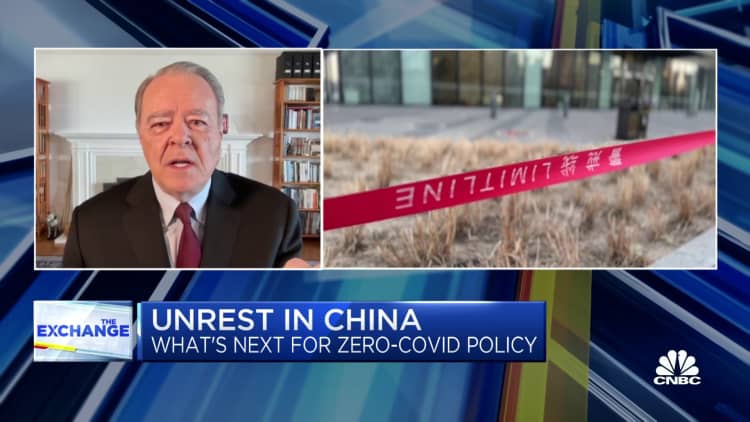
The Chinese Center for Disease Control and Prevention, in a September report, said vaccination rates for older adults are lower in China than other nations because the elderly are skeptical of the country's domestically developed vaccine.
The clinical trials for China's vaccine did not enroll enough adults age 60 and over so there's insufficient data on its safety and effectiveness in this age group, according to the report.
The vaccination campaign in China began with people in essential positions, followed by adults ages 18 to 59, and only later opened up to older adults.
Chinese officials on Tuesday said about 66% of adults over age 80 have received their primary vaccination series. Previously released figures showed about 40% of that group had received a booster as of Nov. 11.
Correction: This story was corrected to accurately describe that nearly 66% of those over 80 years old completed their primary vaccine course.

 Astrong
Astrong 







